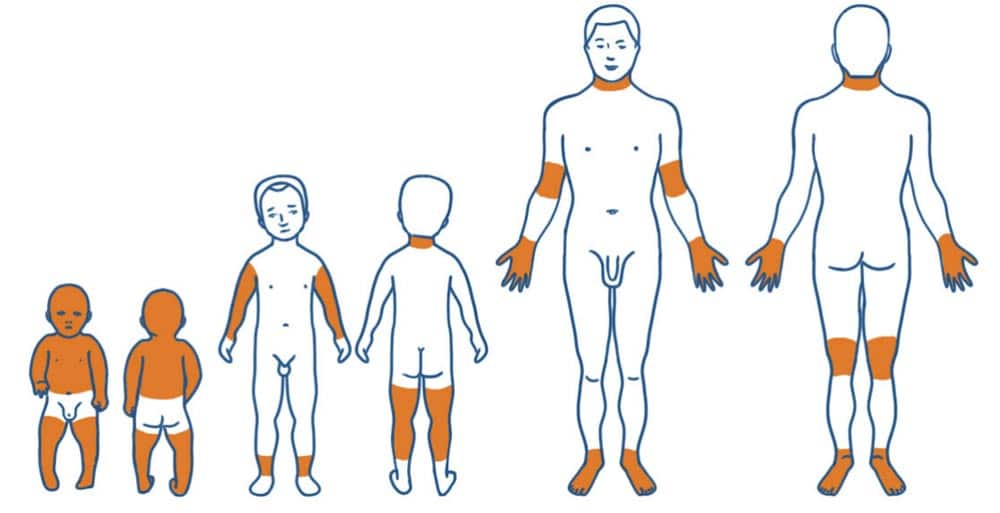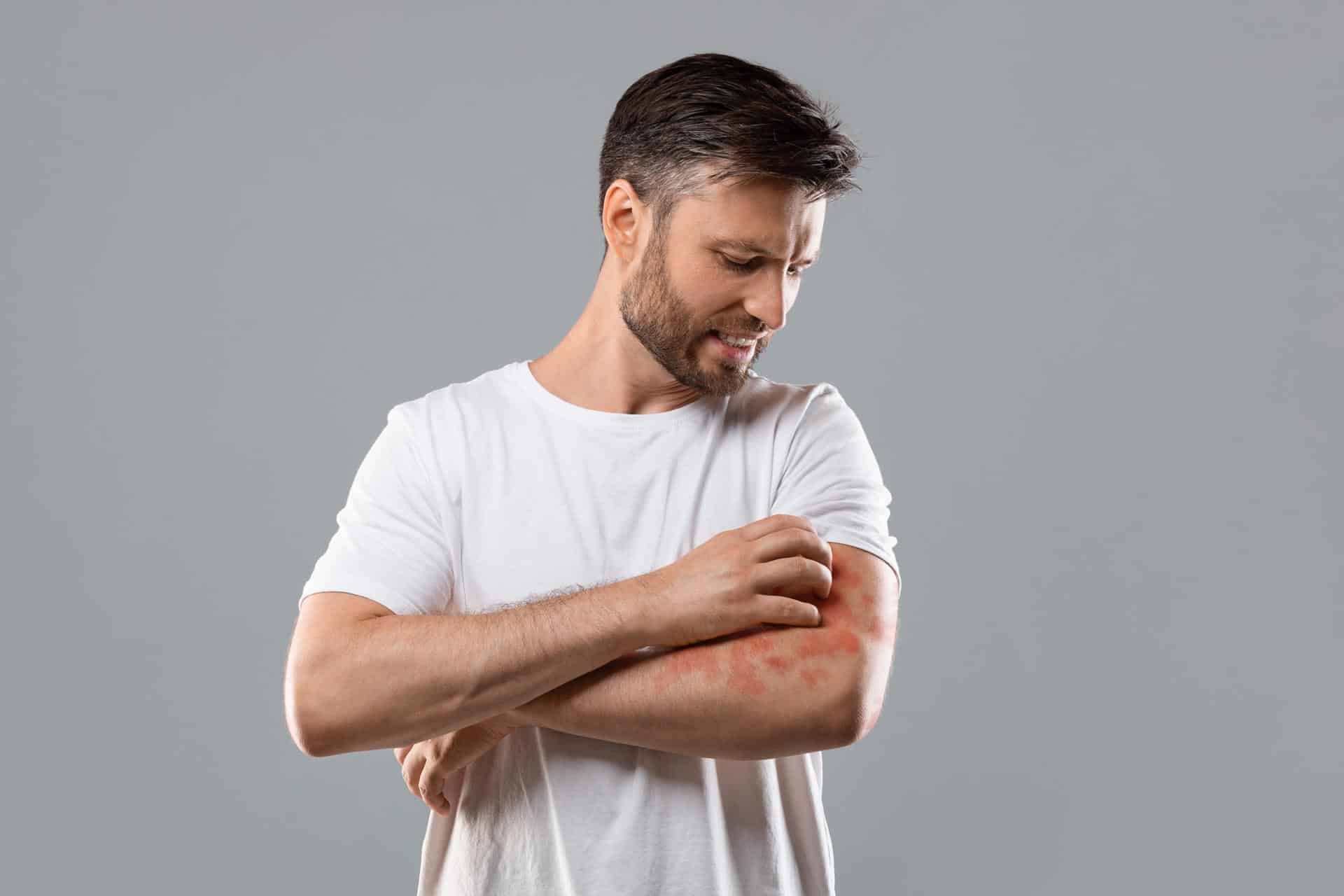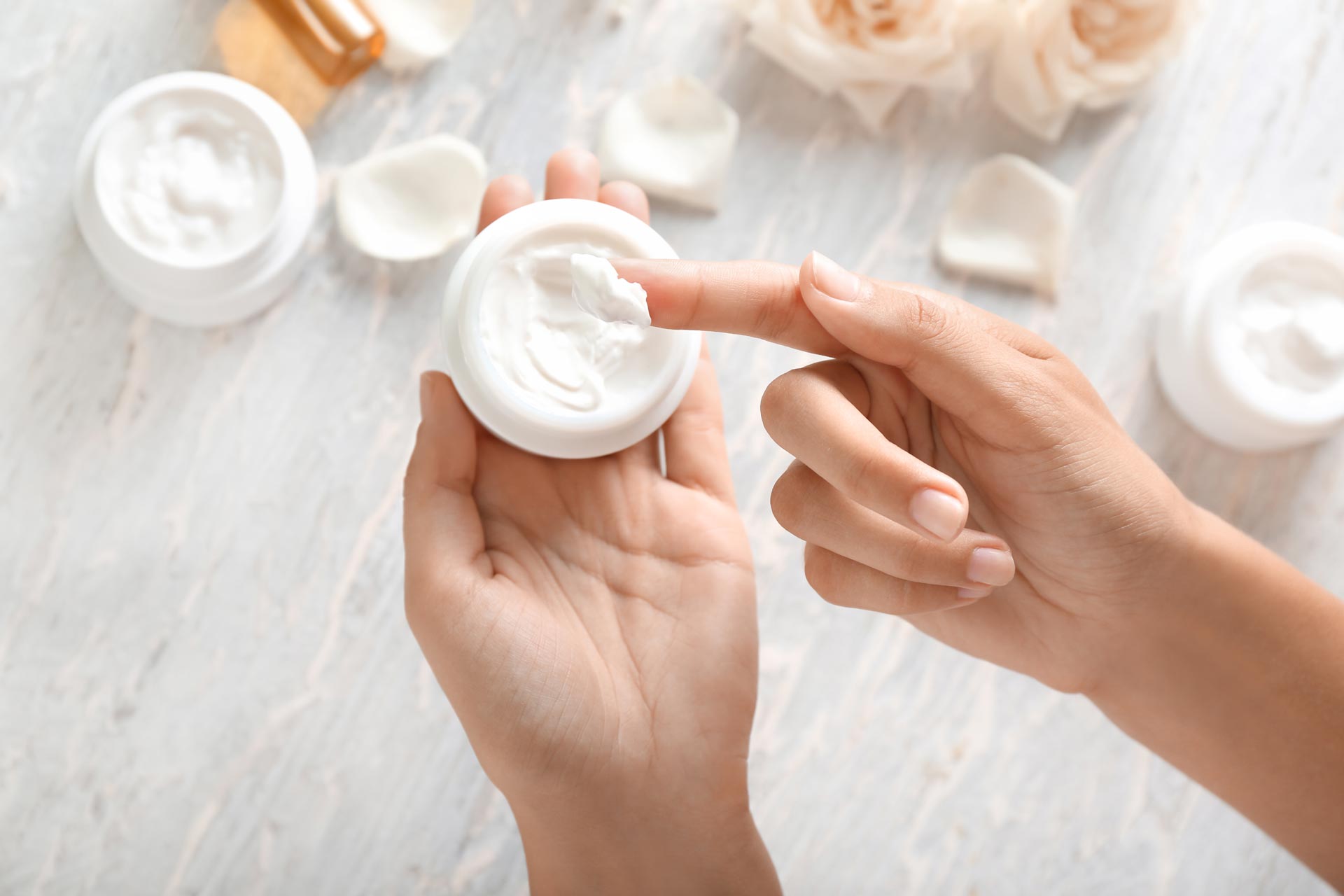Neurodermatitis specialist practice in Frankfurt
Neurodermatitis, also known as atopic dermatitis, is a complex and often distressing skin condition that requires individualized treatment. In our private dermatology practice in Frankfurt, we offer you highly specialized and holistic approaches to the treatment of neurodermatitis.
Our range of services includes various therapies, individual advice and supportive measures aimed at effectively treating atopic dermatitis and providing you with long-term relief. Find out more about how we can help you manage your atopic dermatitis at our specialist practice in Frankfurt.
Neurodermatitis symptoms
Atopic dermatitis is a chronic skin disease that often progresses in episodes. Typical symptoms include excruciating itching, especially in characteristic areas such as the face, neck, arms, legs and the big bends. The skin appears dry, cracked and flaky. Many of those affected also suffer from hay fever (allergic rhinoconjunctivitis) or allergic bronchial asthma. The risk of developing atopic dermatitis increases significantly if one parent is already affected, although this is a hereditary risk that increases exponentially if both parents are affected.

How does atopic dermatitis develop?
Atopic dermatitis is often caused by a lack of an important structural protein in the skin, filaggrin. This leads to increased water loss from the skin and a complex inflammatory process that results in dry, flaky skin and intense itching. Our treatment approach aims to break this vicious circle by reducing inflammation and relieving itching. We also take into account individual triggers such as weather, sweating, pollen or infections in order to optimally adapt your treatment and offer you long-term relief.
What are typical triggers for atopic dermatitis flare-ups?
When treating neurodermatitis in Frankfurt, we take into account the various triggers that can lead to flare-ups. These can range from infections and allergic reactions to certain foods to environmental allergens such as pollen or house dust mites. Emotional stress or other strains as well as physical influences such as sweat, sport or frequent showers can also exacerbate atopic dermatitis flare-ups. Our holistic approach aims to identify these triggers and develop individualized treatment plans to effectively alleviate your symptoms and achieve long-term improvements.
What triggers atopic dermatitis?
When treating atopic dermatitis, we place particular emphasis on identifying trigger factors that can cause flare-ups and then avoiding them. These include:
- Various allergens can trigger an atopic dermatitis flare-up. We offer various options for testing for intolerances in our practice, including prick and epicutaneous tests.
- Avoid too frequent and hot baths – instead we recommend short showers with lukewarm water.
- Avoid textiles made of natural wool or coarse fibers – we recommend cotton as a better alternative.
- Avoid degreasing soaps and cleansing products with alcohol – instead, it is recommended to regularly apply moisturizing skin care creams to the skin (several times a day and in thin layers).
- Avoid eating citrus fruits such as lemons or mandarins, which can act as potential triggers.
Our personalized treatment plans take these trigger factors into account to help you control and improve your atopic dermatitis symptoms in the long term.

Neurodermatitis treatment in Frankfurt
Each patient is examined and treated individually during atopic dermatitis treatment in our practice in Frankfurt, taking into account concomitant illnesses such as hay fever or allergic bronchial asthma as well as the severity and extent of the affected skin areas.
We generally recommend proactive therapy for patients with confirmed atopic dermatitis. The focus is on restoring the skin barrier function, which is why consistent basic therapy is recommended at all times. Even in the case of non-visible eczema, a skin examination reveals an increased number of inflammatory cells in the skin of neurodermatitis sufferers.
Proactive therapy aims to stop even minimal inflammatory reactions and prevent the eczema from flaring up again. This is achieved through anti-inflammatory therapy, followed by low-dose cortisone therapy applied to the affected areas of skin. In most cases, the recurrence of eczema can thus be avoided.

Our treatment approach is as follows:
- Visibly affected areas are treated 1-2 times a day with a cortisone-containing preparation specified by the dermatologist.
- Healed areas are treated twice a week, for example on Wednesdays and Saturdays, for 6 months in the case of moderate severity and 12-24 months in the case of severe severity.
- Unaffected areas are treated daily with a moisturizing cream as a basic therapy.

